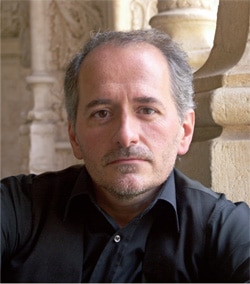Norman Perryman has produced a canvas of the Birmingham music director to go beside his portraits of her predecessors, Nelsons, Oramo and Rattle.
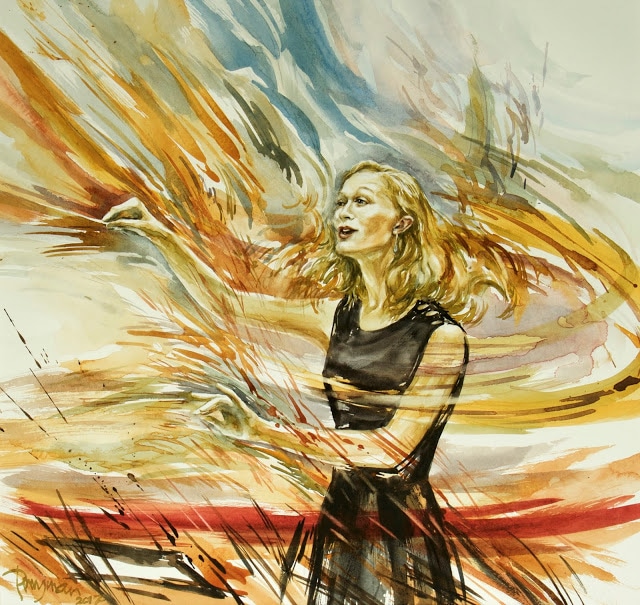
Norman Perryman has produced a canvas of the Birmingham music director to go beside his portraits of her predecessors, Nelsons, Oramo and Rattle.

Marcus Felsner, formerly European head of Opus3 Artists, today opened a new agency in Munich.
His headline artists are impressive: Andreas Scholl, Sergei Babayan, Boris Brovtsyn, Hee-Young Lim, Aaron Pilsan, Audrey Saint-Gil, Anna Skryleva (pictured).
Marcus says: ‘The organization has been founded in Munich in 2020 as a result of the major transformation which classical music performance is going through today. At the same time, and independent of the current challenges for the performing arts, the service needs for many of the world’s greatest artists are undergoing fundamental change.’

The DR Symphony Orchestra has extended its contract with Fabio Luisi until 2026. This Thursday, he will open the new season in the DR Concert Hall.
Luisi, 61, is also GMD at Zurich Opera and incoming music director at the Dallas Symphony.
He says: ‘I am extremely happy that my relationship with the DR Symphony Orchestra – a relationship that has flourished and developed wonderfully over the past four years – will continue further through the next many seasons. With its amazing curiosity and sharp focus, the orchestra is a source of great personal and artistic joy in my life.’
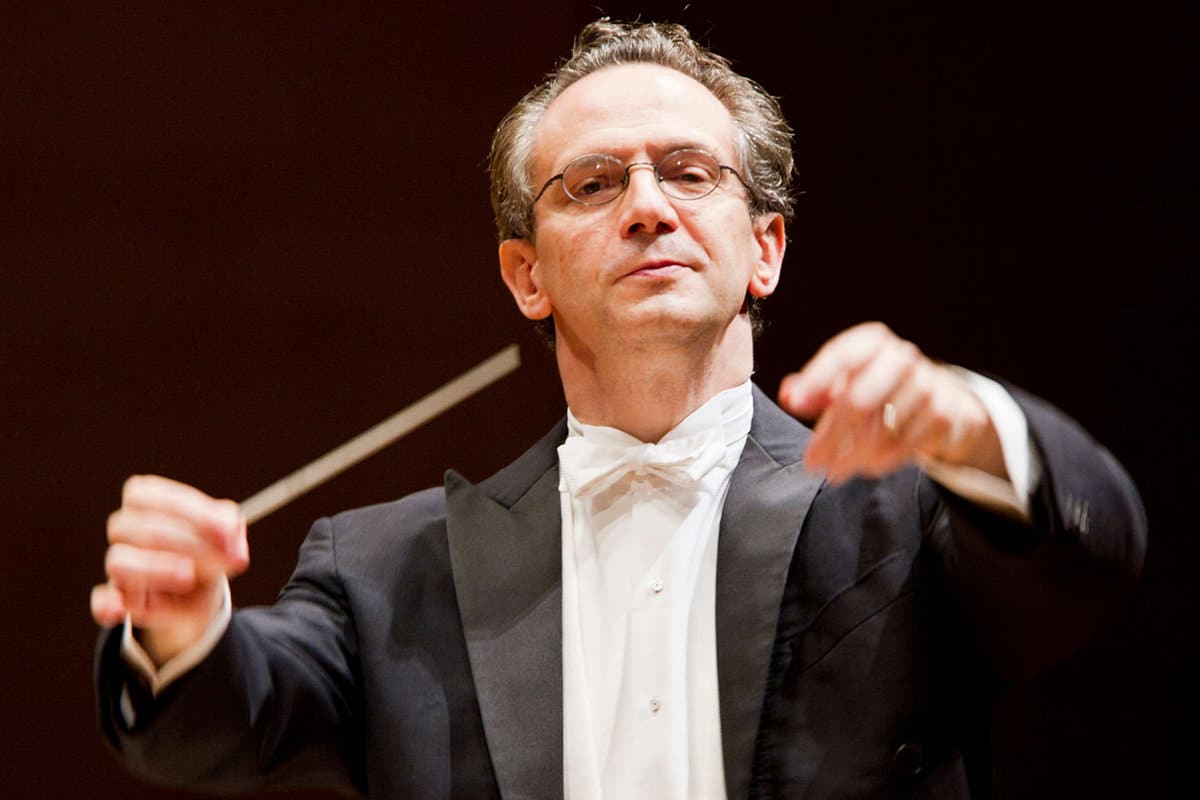
Press release:
Glyndebourne has announced plans for a ‘staycation’ series of socially-distanced indoor performances, starting on 10 October 2020.
The events are in place of the company’s annual autumn tour which was due to start at Glyndebourne on 9 October and visit Canterbury, Woking, Milton Keynes, Liverpool and Norwich before returning home for Christmas concerts. The ongoing restrictions on the size and scale of indoor performances mean that it is no longer possible to present the season as planned. Instead Glyndebourne will remain in Sussex with a programme of indoor concerts and small-scale opera in front of a reduced audience.
The autumn season opens with Glyndebourne’s new production of In the Market for Love, a new version by Stephen Plaice of Jacques Offenbach’s Mesdames de la Halle. It became the first full-length opera to be performed to a live audience since lockdown when it premiered in the Glyndebourne gardens at the start of August. It will be followed by performances of a reduced, semi-staged version of Mozart’s The Magic Flute and five festive Christmas Concerts.
Stephen Langridge, Glyndebourne’s Artistic Director, said: ‘For more than 50 years the Glyndebourne Tour has been a crucial part of our artistic programme, allowing us to bring world-class opera to thousands of people around the country, and continue our commitment to talent development. We are deeply disappointed that the COVID-19 pandemic has prevented us from going on the road this year, but we remain determined to find ways to keep performing. We have learned many useful lessons about how to present opera in a way that’s safe for audiences and performers throughout this summer’s special and memorable run of concerts and opera in our gardens, and now we are excited to be able to apply this knowledge and welcome audiences back into our beautiful opera house for the touring equivalent of a “staycation”.’
Good for them.
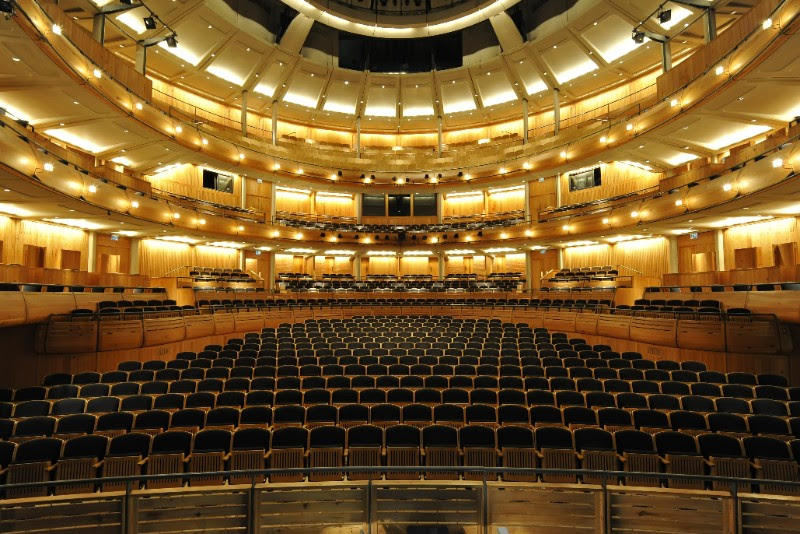
Two months after the 1929 Wall Street crash, most of America’s businesses huddled together for survival into two large corporations – Arthur Judson’s Columbia (CAMI) and David Sarnoff’s NCAC, with Sol Hurok as its prominent talent agent.
Between them, these musical versions of Hertz and Avis carved up America. If Ohio wanted an artist, it rang one or the other.
The dominant duopoly ran until the 1950s, when NBC lost interest and Ronald Wilford succeeded Judson. From then on, it was all Cami.
After Wilford’s death in 2015 Cami spiralled into decline, losing key players and Lang Lang’s manager.
Today, is its last day of business.
What happens now?
Musical America needs to rethnk its structures. In a global century, many of its orchestras hire direct from European agencies and many artists manage without an agent altogether. Where is the centre. There is no centre. Even Carnegie Hall is not the destination it was.
The question of how classical music survives in America needs to be addressed right now, and with some urgency. Any ideas?
(For the historical background, see my books The Maestro Myth and Who Killed Classical Music).
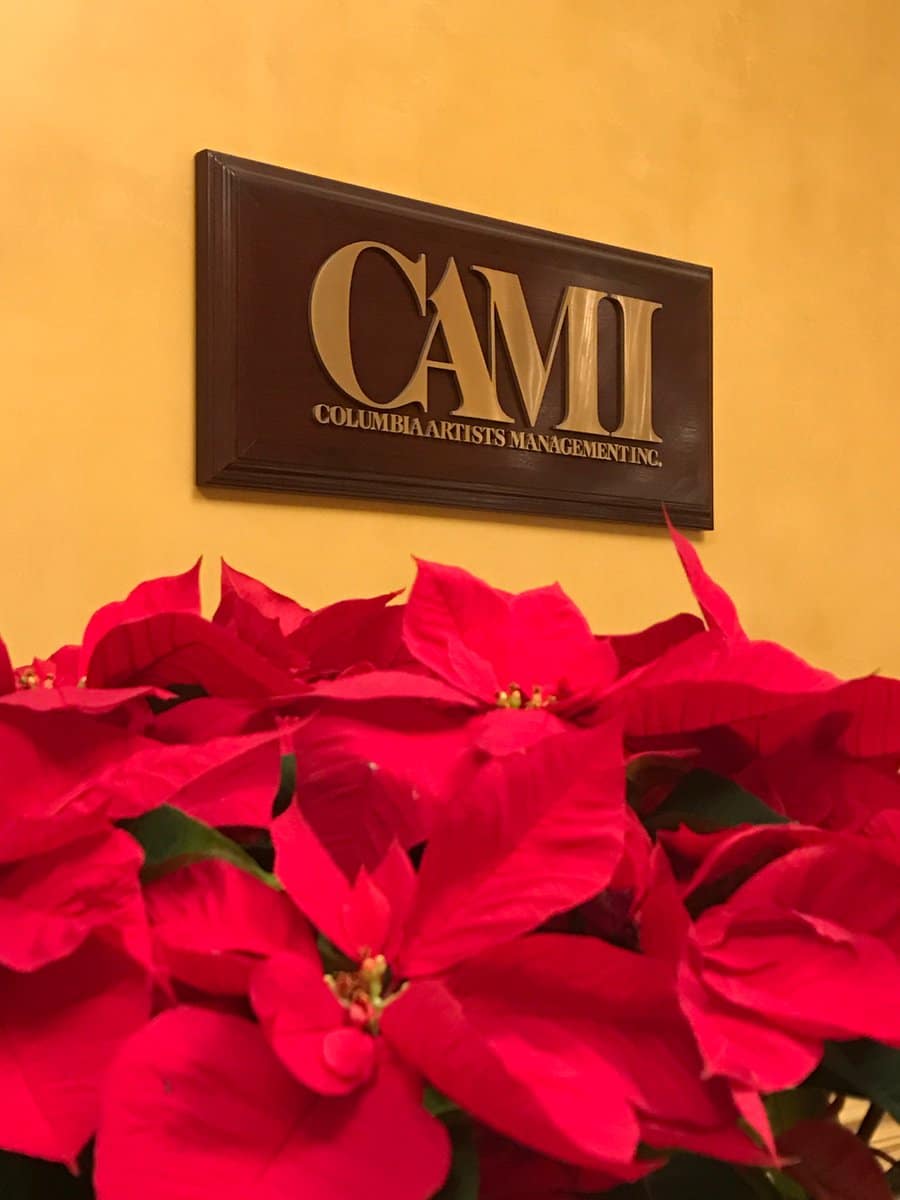
It is almost two decades since Greg Dyke, the last D-G but four, described the BBC as ‘hideously white’. Since then, not much has changed by way of internal procedures.
We have confirmed with musicians that, contrary to global practice, the BBC Symphony has refused to allow potential new players to audition behind a screen. In the absence of screen protection, like chooses like and the BBC Symphony remains as it is.
Along with most leading orchestras even the Vienna Philharmonic, pictured below, now uses screens.
But the BBC remains stuck myopically in the last century.
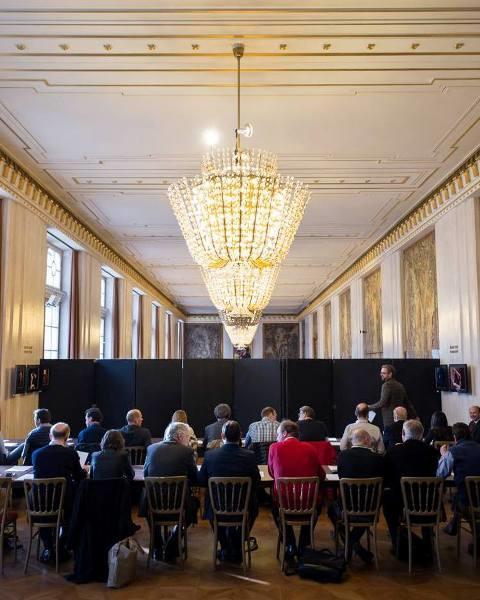
A new D-G starts today. Will he do anything about it?
The Italian conductor and counter-tenor Claudio Cavina has died at 58, four years after suffering a stroke.
Co-founder of the La Venexiana ensemble, he performed with many early music groups. His own recordings appears on the on the Opus 111, Cantus and Glossa labels, notably nine books of Monteverdi madrigals and three operas.
On Christmas Eve 2016 he suffered a stroke at home. Living alone, it was days before he was found and the effects proved irreversible.
